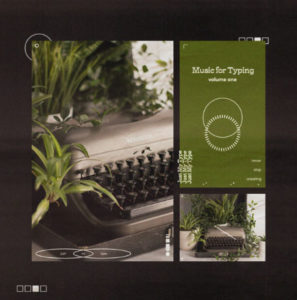Fiction writer, poet, and UC-Irvine MFA in Fiction program director Ron Carlson was our guest the other night at the Pen on Fire Speaker Series & Salon. One thing I remember that he said was that he wrote so many stories and books on a typewriter, which befuddle his students. With a typewriter, he said, there’s only one way in and no way out. With a computer, there’s one way in, and a million ways out. He had to stop himself from ranting about how the Internet and email are a writer’s main hazard. And I loved hearing him read, again, one of my favorite stories of his, and perhaps of all time, “Single Woman for Long Walks on Beach.” (A few of you have asked where to find the story. It’s in the collection, At the Jim Bridger.) I asked a few friends in attendance what they took away from the evening and here’s what they said.
Cindy Christeson: Ron said, “You have to tolerate your story migrating from what you think it should be to what it wants to be…start from what you know, ’till you write what you don’t know…” I also thought it was fascinating to hear him talk about the differences between the typewriter and our computers…the typewriter sat there quietly, waiting, saying, “What do you have for me: as opposed to all our computers are saying to us, and distracting us.” And the four things, in his words, that you can’t teach: Attention, Vision (world view), Subject (what you choose to write about), and Empathy.
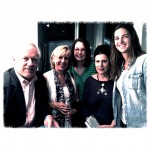
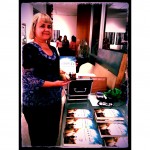
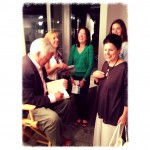 Michael Thomas Barry, author of Literary Legends of the British Isles: A Guide to the Lives & Burial Places of 50 Great Writers (2013, Schiffer): Author Ron Carlson is a master story teller. His lively and off the cuff discussion at the recent Pen on Fire salon was quite entertaining. I found his remarks regarding the observation of everyday life to be both enlightening and informative. His stream of consciousness style of writing and speaking, as well as his homespun sense of humor was refreshing.
Michael Thomas Barry, author of Literary Legends of the British Isles: A Guide to the Lives & Burial Places of 50 Great Writers (2013, Schiffer): Author Ron Carlson is a master story teller. His lively and off the cuff discussion at the recent Pen on Fire salon was quite entertaining. I found his remarks regarding the observation of everyday life to be both enlightening and informative. His stream of consciousness style of writing and speaking, as well as his homespun sense of humor was refreshing.



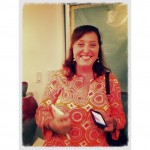
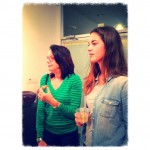 Travis Barrett: I liked when he said, I don’t know why I made characters writers. Now, painters … painters have paints and canvases and easels, but writers don’t have anything. They don’t even have paper anymore.
Travis Barrett: I liked when he said, I don’t know why I made characters writers. Now, painters … painters have paints and canvases and easels, but writers don’t have anything. They don’t even have paper anymore.
Marrie Stone: Last night Ron Carlson took us on a guided tour of his brain, or at least of his thinking during the writing process. By reading excerpts of poetry, short stories and novels, he shared his thoughts on writing realistic dialogue, creating an effective setting, and managing tension in a scene.
“Always overwrite,” he advised, by listing all the contents in a character’s purse, or trunk, something will come of it later.
Carlson talks like a poet. His attention to language, even in casual conversation, is lovely. His details and descriptions are rich, and the worlds he spins are wonderful. Another amazing evening with an erudite man.
Nancy Carpenter: The “inventory” he referenced: the up-front foundation that sets the stage for the balance of the work. Some of the small detail resonates later. Also, he focused on attention: something that cannot be taught, that ability to observe and engage. Loved the reference to getting the story to a boil: the focus required to bring a novel to a conclusion. The required commitment.
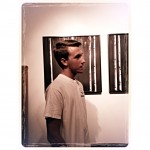
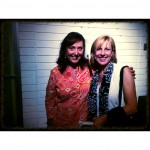 Victoria Templeton: What I came away with was take your time, then bring [your writing] to a boil. He said to work with moments and that stick in your head. I mentioned to him I am confused because some authors suggest to write the end first so you know where to work towards. He said work in whatever way the work comes. No need to know the end. The “come to a boil part” and “giving a piece the needed attention when its time to make it boil” stuck with me the most. I also liked his quirky humor. He’s not linear but he is prolific. I liked that he doesn’t allow his undergrads write setting in typical form. No changing of the leaves, no idyllic moon, but more concrete form of setting. I’m still processing so more will come later.
Victoria Templeton: What I came away with was take your time, then bring [your writing] to a boil. He said to work with moments and that stick in your head. I mentioned to him I am confused because some authors suggest to write the end first so you know where to work towards. He said work in whatever way the work comes. No need to know the end. The “come to a boil part” and “giving a piece the needed attention when its time to make it boil” stuck with me the most. I also liked his quirky humor. He’s not linear but he is prolific. I liked that he doesn’t allow his undergrads write setting in typical form. No changing of the leaves, no idyllic moon, but more concrete form of setting. I’m still processing so more will come later.
Suzanne Redfearn, Hush Little Baby (TBR Oct. 2013): Last night I attended Barbara DeMarco-Barrett’s Pen on Fire Speaker event with the wonderfully talented and funny Ron Carlson. He entertained the audience with his delightful poem, Room Service, followed by reading from his new novel Return to Oak Pine and then a romantic short story that left the sold-out room smiling. It was an evening well spent!
Anne Dunham: I like the angle he never had to write for money so he could be selective in what he chooses to on. His one requirement is that he has one project on the front burner so that it boils. He can tell the books that have been written on medium heat and he doesn’t find them worthwhile. He looks for the “density of thread per inch.”
“Each bullet hole has a thousand stories.”
On writing dialogue: He sits in all the chairs.
On his latest book, he wanted to add sentimentality ( or sentiment?) but it had to be earned and he did (this point alone piques my interest…).
One interesting take is that men talk to each other while working together on projects (that point never occurred to me! I do know they are more comfortable sitting shoulder to shoulder like in a bar).
His hands are smarter than his head. His hands get him into the story working with inventory, writing what you know until you don’t know. Developing fresh inventory is how he survives the story.
Use fresh inventory: Give celery and Windex as a Valentine gift to your significant other. (Hmmm… wonder if he ever gave his significant other that?)
He looks for what is provocative … the “what if.”
First drafts are written to find the story’s elevation.
And for the memoirists … drumroll here: “Memory is not more reliable than imagination.” – Ask: Did that happen? The answer is no. Then ask: Is that true? The answer is yes. (Brilliant!)
A great evening. So many keen insights!
Toby Goode: I only wish I could have recorded Ron last night. I took away a lot, but he offered so many gems that I’m sure I never caught even a glint of. Listening to him brought his book, Ron Carlson Writes a Story, to life for me. His book makes the art of telling a story look easy, but I learned last night the “full attention” he gives to his story to bring it to “full boil.” A lot of books are written at “medium heat” so that they are good enough. That’s not good enough for him.
He said he writes from “place” because “nothing happens nowhere” and he writes about those moments in life where things collide. Start with a moment when you’re beside yourself, add lots of inventory–you may need it later– and then follow your way into the story and get lost. “I’m big on finding. Why would I hurry when I don’t know where I’m going…. I can’t think my way across the story, but I can find my in by not hurrying, lingering. Start from what you know, believe it, then pretty soon write what you don’t know. It’s like entering the ocean and that key moment when you can’t touch, then what happens?”
Oh and what about …”Grammar is fantastic, but it doesn’t get in the room the first time. I want the savage in the room first. I respect that guy.”
Great night. Thank you!
Photography: Barbara DeMarco-Barrett
 Underworld by Don DeLillo
Underworld by Don DeLillo











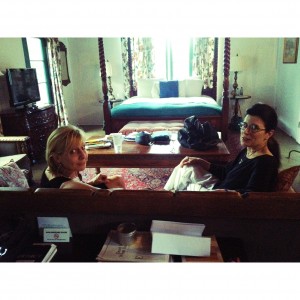
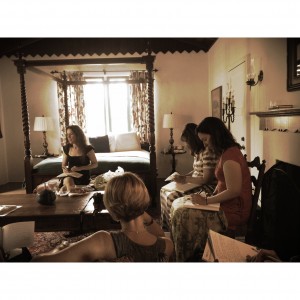
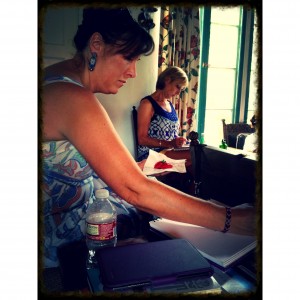
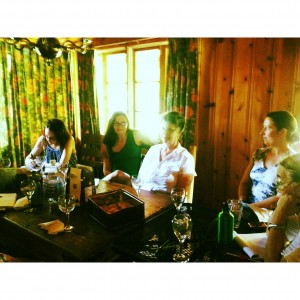
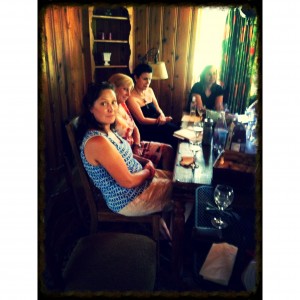








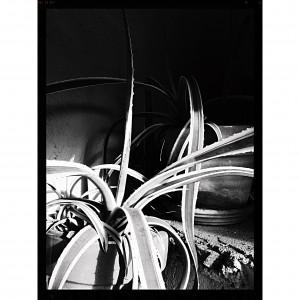
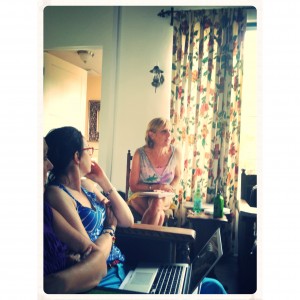

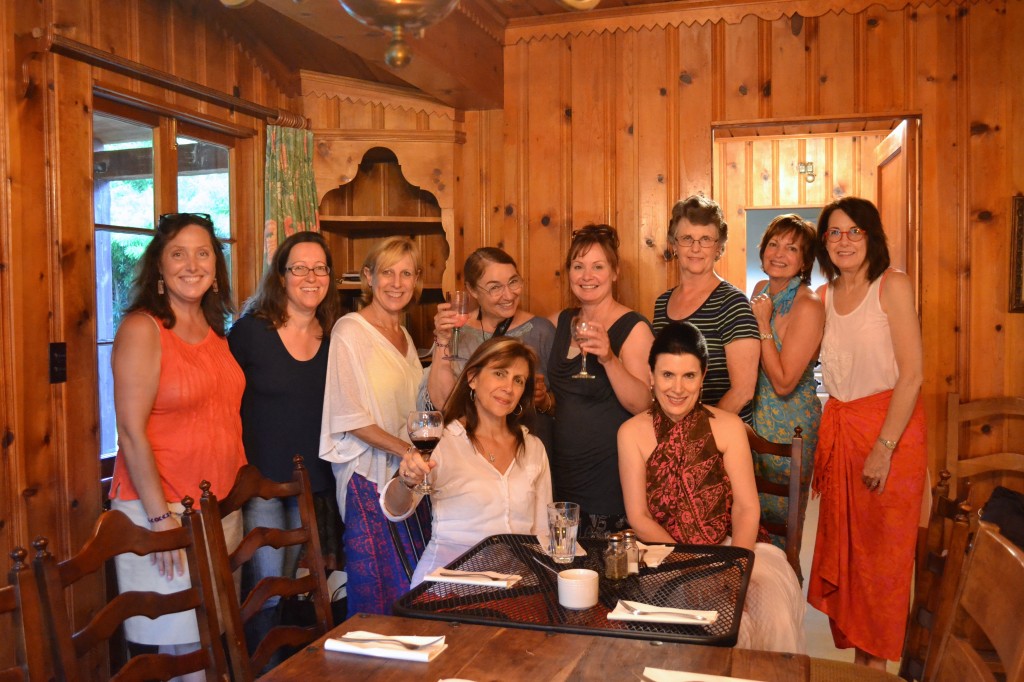
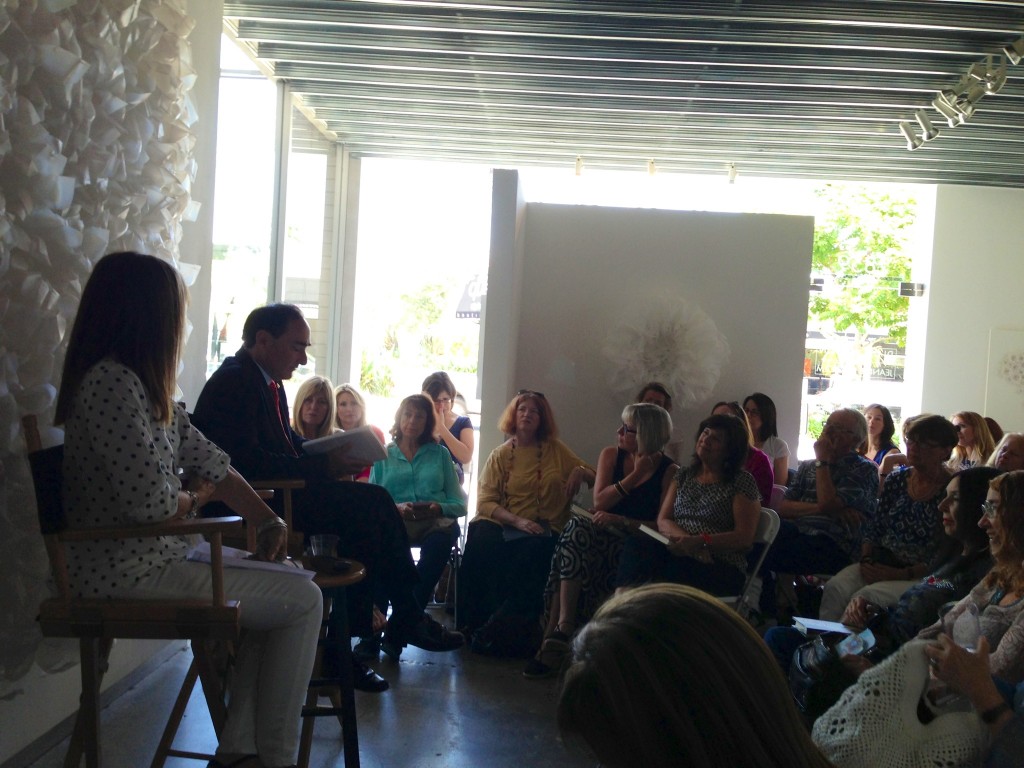
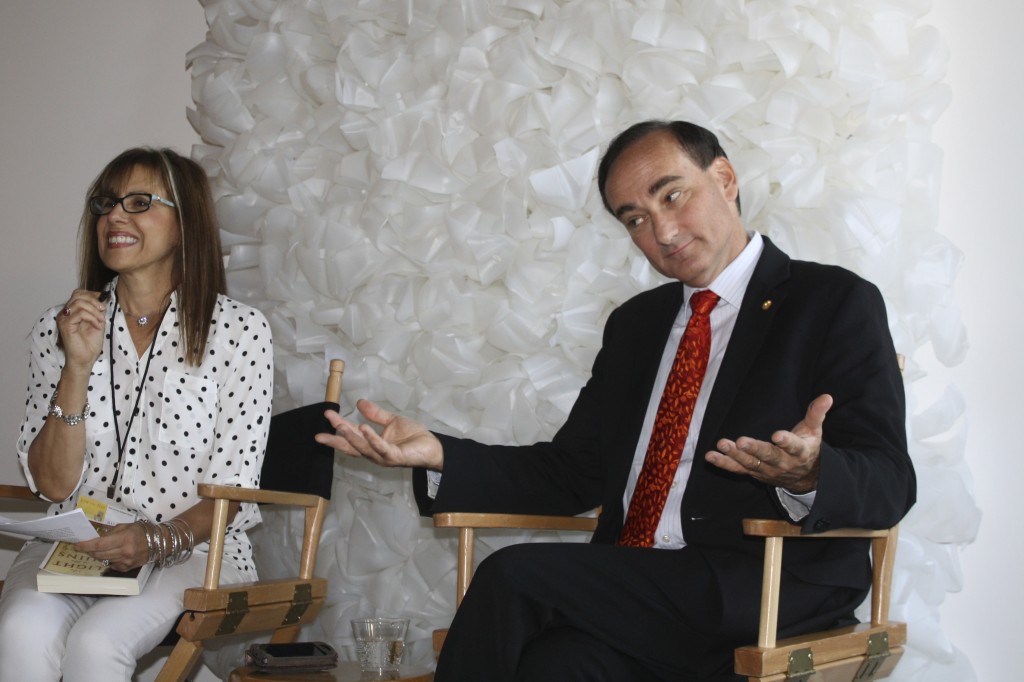
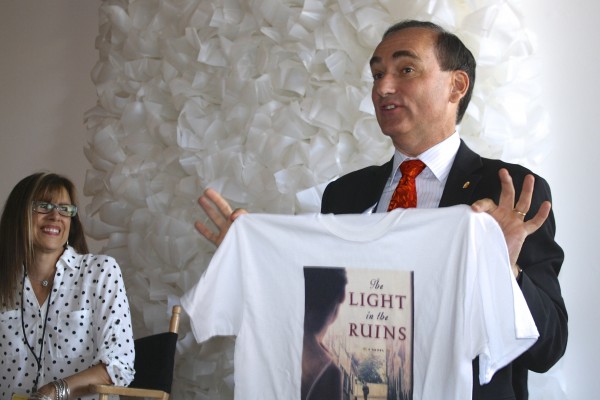
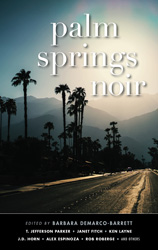


 Support Indie bookshops and this site by purchasing books through my BookShop
Support Indie bookshops and this site by purchasing books through my BookShop
